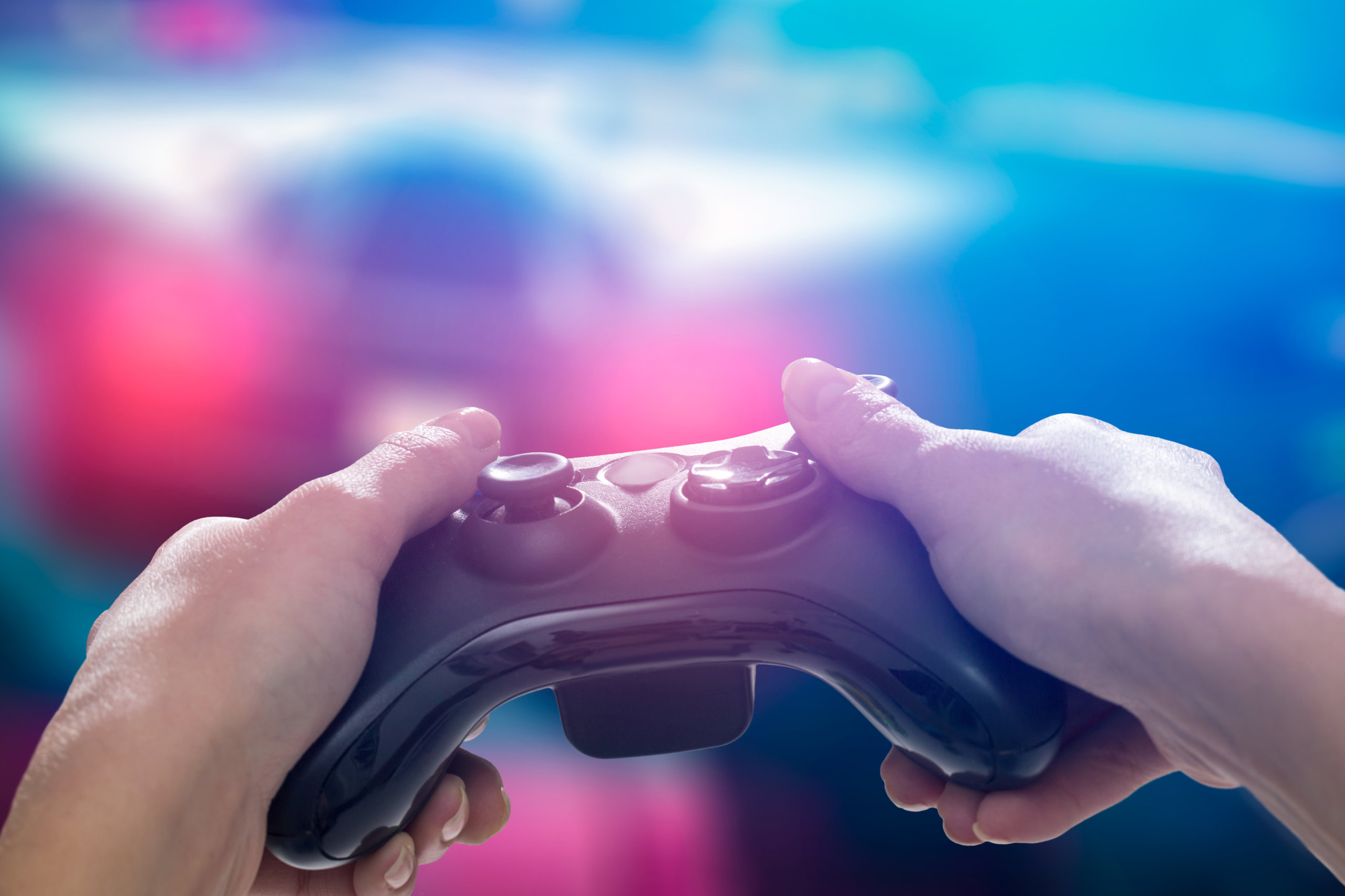We all have had to spend a lot more time online during the pandemic. We Zoom, check emails, text, watch movies on our iPads, and can be glued to our phones. Even though we may be tired of screens, we rely on the internet for our entertainment. I know most families are mindful to talk about various online activities that are unsafe and inappropriate. But one area often overlooked is the dangers that lurk in the online gaming community.
During lockdown last spring, I started playing “Call of Duty” with my 18-year-old son. (Note: I am not recommending this game for young children. It’s definitely not appropriate.) I grew up on “Donkey Kong,” “Defender,” and “Galaga.” These classics pale in comparison to the immersive worlds that now exist in gaming. When my son received an Xbox in his early teens, I would sometimes play along.
Typically, I didn’t play the “multiplayer” types of games in which you can interact in real time with other players from across the globe. This spring, I gave it a try after reading an article about the toxic world of online gaming. There are numerous articles about racism, misogyny, and homophobia in that sub-culture. However, I didn’t expect to be called the “n word” and a homophobic slur within my first five minutes of joining a game. There are ways of reporting such behavior, and many companies are attempting to control it. However, these spaces are largely unmoderated. Millions of people play these games. And it can get heated. I sometimes find myself logging on, just to listen and to see this world up close. What I see is concerning.
The Anti-Defamation League has been studying this issue, and their findings are alarming.
- More than 80% of online gamers have been the recipient of some form of harassment.
- 52% of those who experienced harassment reported being targeted based on their race, religion, ability, gender, gender identity, sexual orientation, or ethnicity.
- 44% of gamers had experienced some form of stalking online.
- 12% of online game players have been “swatted” in an online game. Swatting is a dangerous practice in which someone attempts to send a SWAT team or other law enforcement unit to someone’s home by falsely reporting that a violent crime is taking place or is imminent.
Most scary, perhaps, is how radical and extremist ideologies can proliferate on these platforms. The ADL survey also found that:
- 9% of respondents reported being exposed to discussions about white supremacy through online games.
- 10% of respondents reported being exposed to discussions about Holocaust denial.
The survey tried to identify the games that experience the most harassment. These include: “Dota 2” (80%), “Valorant” (80%), “Rocket League” (76%), “Grand Theft Auto” (76%), “Call of Duty” (75%), and “Counter Strike: Global Offensive” (75%).
So, parents, don’t assume your kids are just playing a harmless game. If they are interacting online with other people, there is a strong possibility that they are being exposed to language and ideas that are harmful, hateful, and potentially dangerous. Video games in themselves are not necessarily bad, but your child might be entering a world that is downright ugly.
